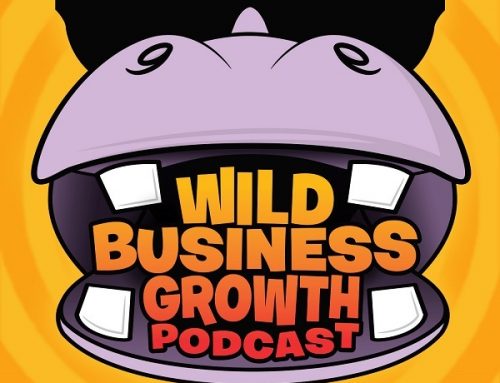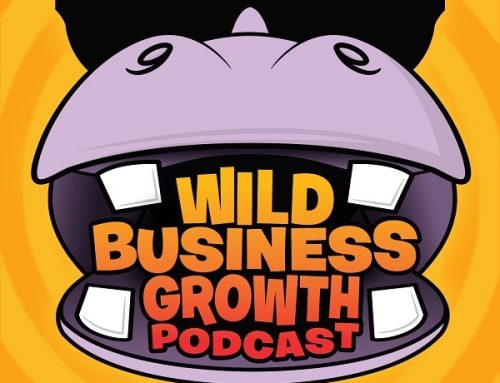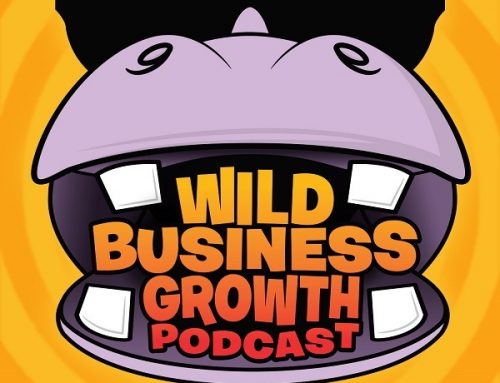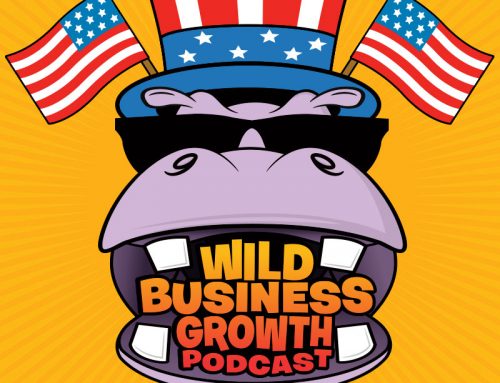We teach our clients to learn from their mistakes and commit to a process of continuous improvement. One client’s recent email campaign had poor results and I identified 10 elements on which they could experiment to improve the success from their future emailings:
* Time of transmit
* Day of week for transmit
* Email list and selections used
* Subject line
* Headline of message
* Prominent call-to-action on message
* Streamlined layout of message, with properly sized graphics
* Focus on selling just one item
* Improvements on landing page to make sure headline and copy matches email message
* Forms and shopping carts work with ease and simplicity
The most successful leaders in business and sports aren’t afraid to experiment
Amazon is perhaps the most successfully adaptive company in US history. In his 2015 letter to shareholders, Amazon founder Jeff Bezos explained his approach to experimenting and why it’s crucial to their success: “To invent you have to experiment, and if you know in advance that it’s going to work, it’s not an experiment. Most large organizations embrace the idea of invention, but are not willing to suffer the string of failed experiments necessary to get there.” Bezos’ personal net worth surpassed $105 billion dollars yesterday, so experimenting clearly works.
And last night, Coach Nick Saban of Alabama won his 6th college football national championship primarily because of his willingness to experiment. Trailing 13-0 at halftime, and looking for more spark from his offense, Coach Saban decided to switch quarterbacks to a freshman who hadn’t played any significant minutes all season. He also inserted a 4th-string freshman running back into the lineup. The surprise of these changes, combined with the added speed and energy of these replacement players, propelled Alabama to a dramatic comeback victory.
The takeaway from both Jeff Bezos and Nick Saban is that regardless of how much success you’ve experienced, you need to have the guts to experiment with your strategy and personnel.





